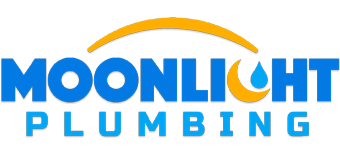Tag Archive for: moonlight plumber
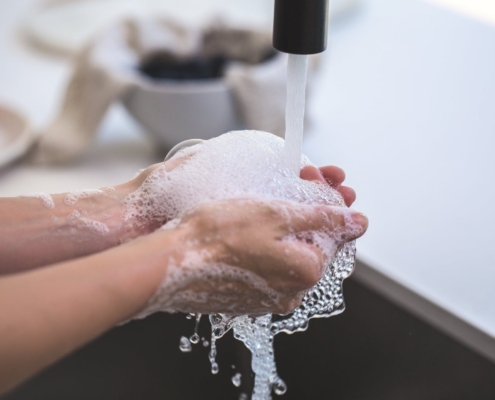
Four Plumbing Cleaning Tips and Tricks from Your Residential Plumber
Has the pandemic had you looking around for your next home project?…
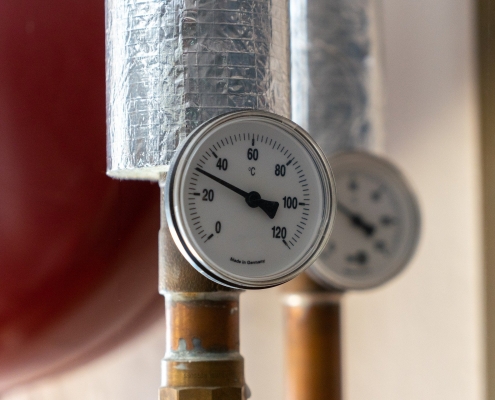
Water Heater Plumber Provides Insight On Hot Water Heater Temperature Setting
Nearly 20% of your energy bill is calculated from your water…
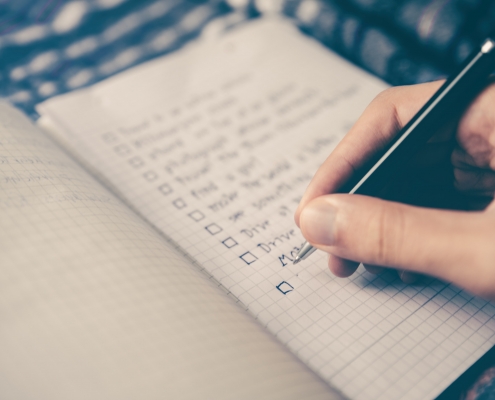
Moonlight Plumbing Shares Out of Town Checklist
If you’re going to be away from the house for a few days,…
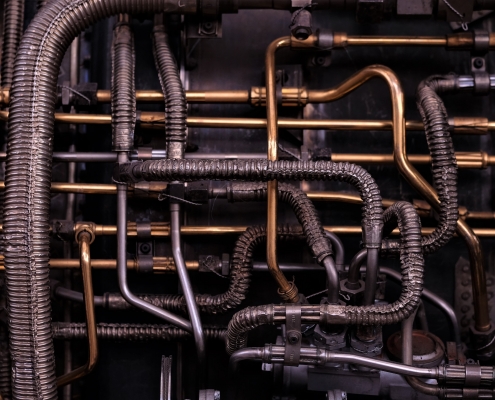
What Happens to Your Piping When Using Non-Treated Tap or Well Water
We typically don’t think twice about the water running through…
